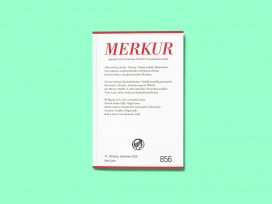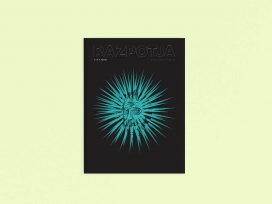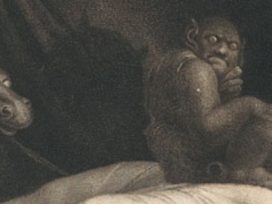booksa.hr talks to Rachel Kushner about prison, redemption and the first person; to Želimir Periš about postmodern witches and why the end of patriarchy won’t bring utopia closer; and to Etgar Keret about existence and elephants.
 Kushner offers her perspective on forgiveness and redemption: ‘A California prison can make Christianity seem soft and loving by comparison with a system that offers no redemption, no second change whatsoever’. But not everything is so bleak: America is ‘a trash place, but it’s trash with a certain tragic profundity and a whole lot of flair’.
Kushner offers her perspective on forgiveness and redemption: ‘A California prison can make Christianity seem soft and loving by comparison with a system that offers no redemption, no second change whatsoever’. But not everything is so bleak: America is ‘a trash place, but it’s trash with a certain tragic profundity and a whole lot of flair’.
Postmodern witches
Croatian novelist Želimir Periš discusses his latest novel a punk parody of a nineteenth-century tale featuring a village witch named Gila. Periš contrasts Gila with the Virgin Mary and points out the paradox – that Gila is first and foremost a devoted mother. Despite featuring strong female protagonists, Periš insists that the book be read primarily as a historical novel with a postmodern twist. All novels should be feminist, he claims, and yet, despite the patriarchal era coming to an end, emerging forms of discrimination will remove us even further from utopia.
Fragments of existence
‘A short story is like a volcanic eruption – it starts abruptly and you never know where it might lead’, says Etgar Keret. The Israeli writer and graphic novelist describes his short stories as a mixture of objective narrative and readers’ interpretation, and his writing process as ‘anything but rational’. As for grasping the wholeness of human existence, it is ‘like a blind man meeting an elephant – only fragments are comprehensible’. Keret’s most recent collection, Fly Already, deals with loneliness and isolation, with unease about a world that is changing too quickly and with a reality that has become stranger than fiction.
This article is part of the 17/2020 Eurozine review. Click here to subscribe to our weekly newsletter to get updates on reviews and our latest publishing.
Published 23 September 2020
Original in English
First published by Eurozine
© Eurozine
PDF/PRINTNewsletter
Subscribe to know what’s worth thinking about.
Related Articles

Mineral rush
Topical: Critical raw materials
Why does peace in Ukraine hang on a ‘mineral deal’ whose handling is more reminiscent of trade than negotiations? Perhaps because the global race for critical raw material mining is well and truly underway, digging for today’s equivalent of gold: raw earth elements and lithium critical for renewables and digital technology but also modern weaponry.

Pro-Irishness was part of the Democratic-Party-dominated political culture that MAGA despises and whose day is done. Time for Ireland to opt once and for all for Brussels over Boston, argues the co-editor of the Dublin Review of Books.








